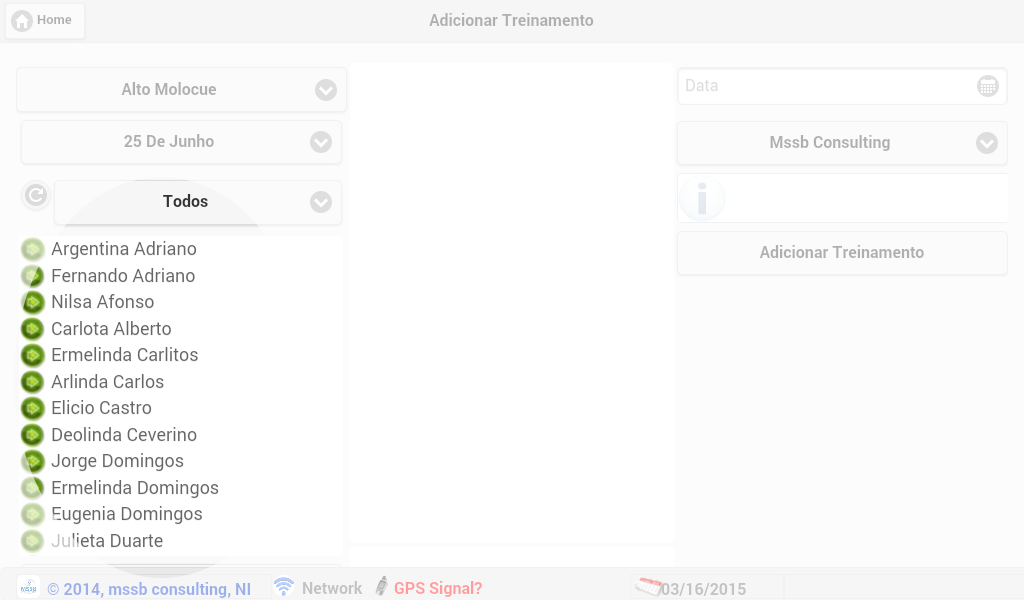Collecting Data for Mobile M&E Systems
Data
The biggest return on an investment in a mobile M&E system is the vast potential such systems offer for improvements in data integrity. An area most NGOs understand they have a problem with, data integrity is the accuracy and consistency of your reporting over the entire project life-cycle.
Data integrity for development projects requires that reporting on most indicators is directly traceable down to the individually aggregate records of each. Commonly, this would be the actual location, time and beneficiary name at the point of each and every service delivery over project life.
Even on relatively straight forward log frames this calculates out at the need for extensionists to keep many hundreds of thousands of detailed records. This volume of work and the fact that NGOs typically handle these manually shows the challenge to maintaining data integrity in traditional M&E systems.
Data and Mobile Systems
Because mobile technology offers the capacity to directly capture records at the point of service delivery or project activity it follows that adopting such technology should improve data integrity. Particularly a smart phones and tablets offer the potential to accurately and independently record time, location and images of events.
However, both unlocking these tools in a meaningful way and addressing the work flow problems highlighted above will require an investment in custom software. In a practical sense tablets or smart phones on their own do not have the functionality to replace paper forms, lap tops and spread sheets. Investing in a new equipment to work in an old way never resolved much.
Beneficiary Registration
In terms of data integrity beneficiary registration is a 'key stone' component. With project numbers often in the 20 - 50 thousands, the logistics of physically registering each beneficiary carries a significant time and money cost. And, truth be told, because allowance for this is not made in project design and budgeting the process is rarely completed fully or properly.
Typically, at project start up, extensionists will register summary numbers for the areas they work in and thereafter for the projects life they will build on these seemingly ad hoc and unverified numbers. Rarely does an NGO standardize beneficiary registration, hold a full and complete register in a central archive or database.
In setting up mobile systems changing this approach is the biggest challenge most NGOs will face. Without a properly registered beneficiary database the tools and power of mobile technology is are largely redundant.
Summary
- Data integrity requires keeping accurate records for each beneficiary receiving a service or goods (project activity) for each time and location he/she receives them.
- Because mobile technology can capture data at the point of service delivery it can offer substantial improvements in data integrity.
- However, without the keystone of data integrity - beneficiary registration, it is difficult to see how mobile technology can deliver.
- In setting up mobile systems the need to properly register each and every beneficiary is the biggest challenge most NGOs will face.
Data Integrity

This is keeping accurate records for each beneficiary receiving a service or goods (project activity) for each time and location he/she receives them.
Consistent form design.

Proper and consistent form design allows NGOs to build up a central archive of their beneficiary registrations.
extensionWorker Beneficiary database

extensionWorker's beneficiary database allows for full data integrity and truly releases the power of mobile technology.
